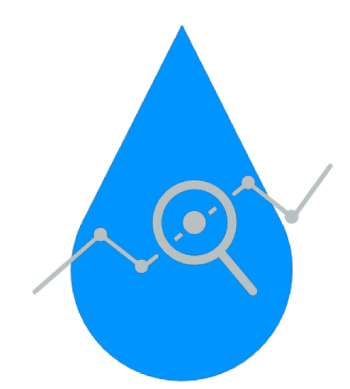Funding programs that support drinking water and wastewater infrastructure projects generate benefits that exceed simply providing cost savings to the communities receiving subsidized loans and grants. Water and wastewater infrastructure is critical for economic development, environmental protection, public health, and various aspects of improving communities’ quality of life. When investing in water and wastewater systems, attention is often given to the funding amounts, cost savings, and improvements to the physical infrastructure, such as how many miles of distribution lines were replaced. Quantifying the broader outcomes, such as improvements to local economic and quality of life conditions, is more challenging. Yet, the Appalachian Regional Commission (ARC) sought to evaluate the impact of its water and wastewater investments in those terms. To accomplish this program evaluation, the EFC at UNC and researchers at Virginia Tech recently assessed 379 projects that were at least partly funded by ARC between Fiscal Years 2009 – 2016. The results show that ARC’s water and wastewater investments contributed to significant positive economic growth and development across the Appalachian Region. Continue reading








